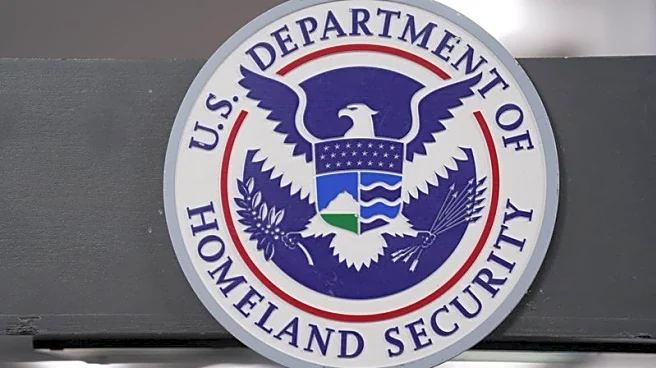What's Happening?
Israel and Hamas are engaged in indirect talks in Egypt, facilitated by international mediators, to discuss a potential end to the ongoing conflict in Gaza. The talks coincide with the second anniversary of a significant Hamas attack on Israel, which resulted in substantial casualties and hostages. The negotiations aim to address key issues, including a ceasefire, the exchange of hostages, and the withdrawal of Israeli forces from Gaza. Both sides face internal pressures and criticism, complicating the negotiation process.
Why It's Important?
The talks represent a critical opportunity to de-escalate the conflict and address the humanitarian crisis in Gaza. Successful negotiations could lead to a ceasefire and the release of hostages, providing relief to affected populations. The outcome of the talks will have significant implications for regional stability and the future of Israeli-Palestinian relations. The involvement of international mediators underscores the global interest in resolving the conflict and the potential for diplomatic solutions.
What's Next?
The negotiations are expected to continue, with mediators working to bridge gaps between the parties. The success of the talks will depend on the willingness of both sides to compromise and address key issues. The international community will likely play a role in supporting the implementation of any agreements reached. The situation remains fluid, with potential for further developments in the coming days.
Beyond the Headlines
The talks highlight the challenges of achieving peace in a region with deep-rooted political and social divisions. The negotiation process raises questions about the role of international actors in conflict resolution and the complexities of addressing humanitarian needs in conflict zones. The situation also underscores the importance of addressing the root causes of the conflict to achieve lasting peace.











